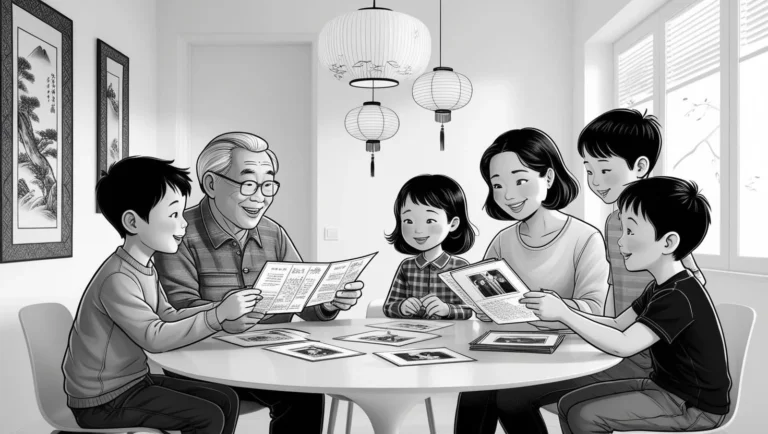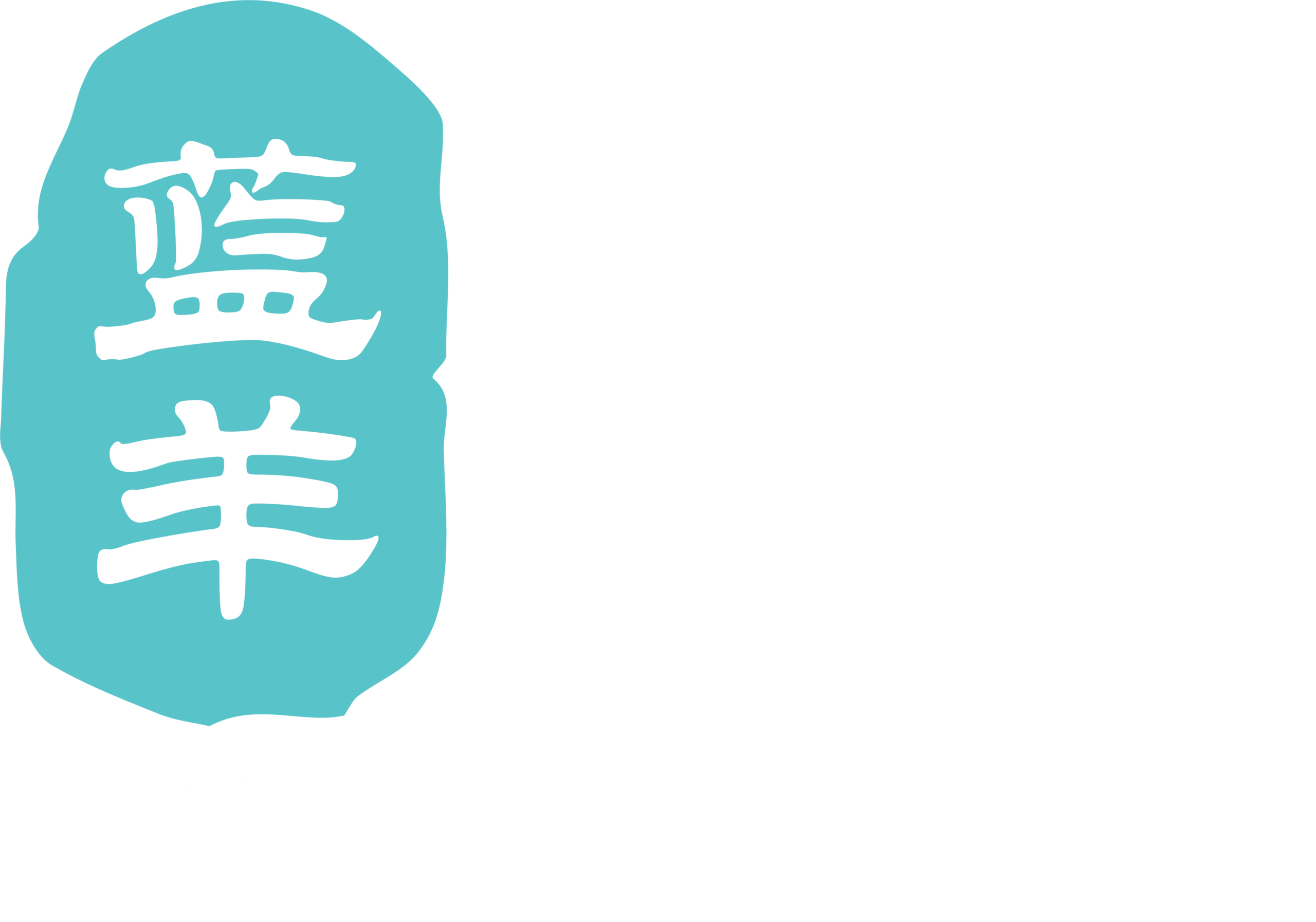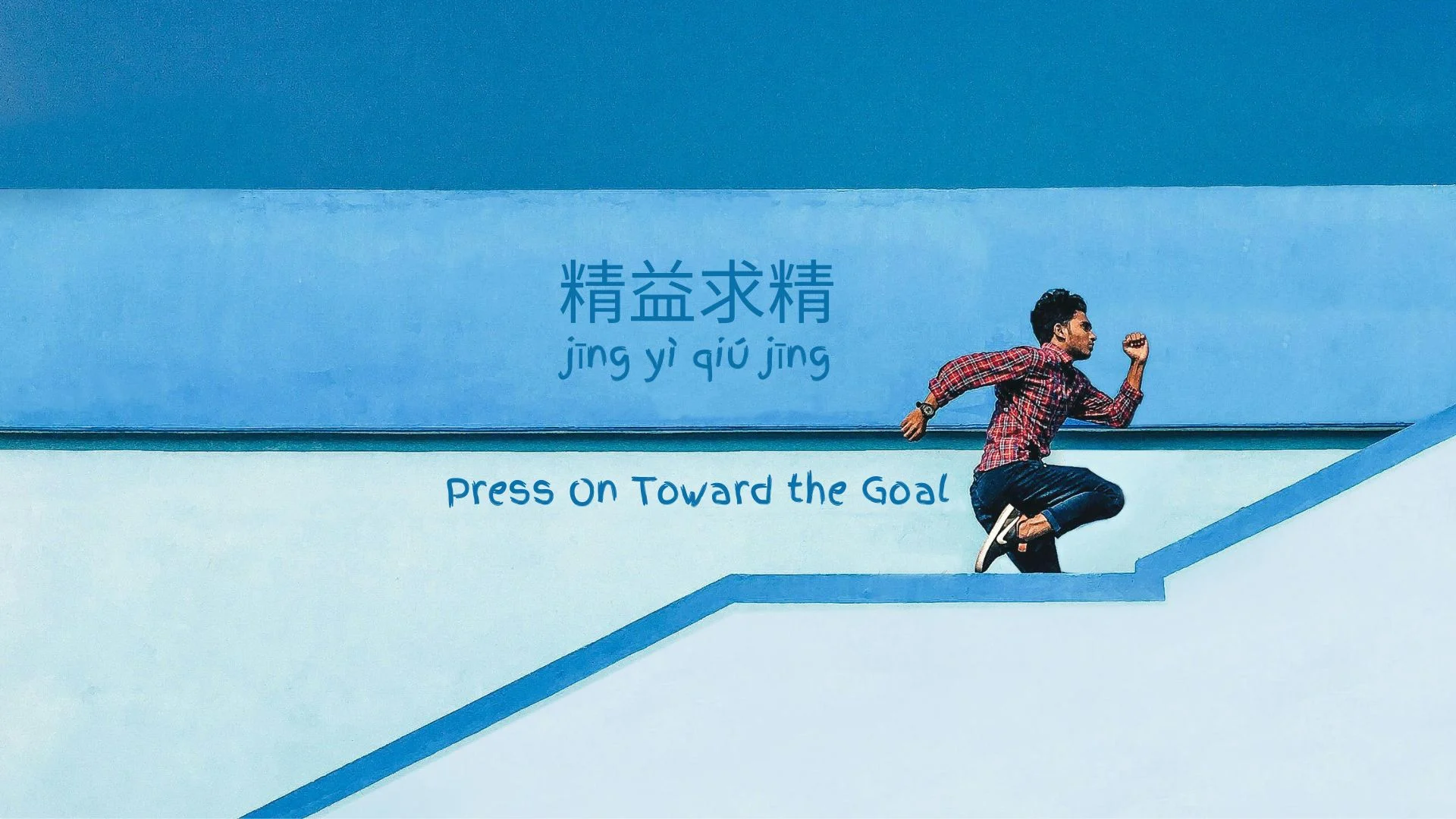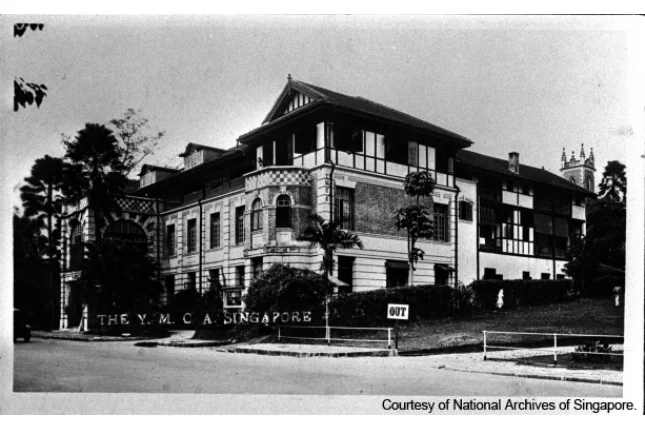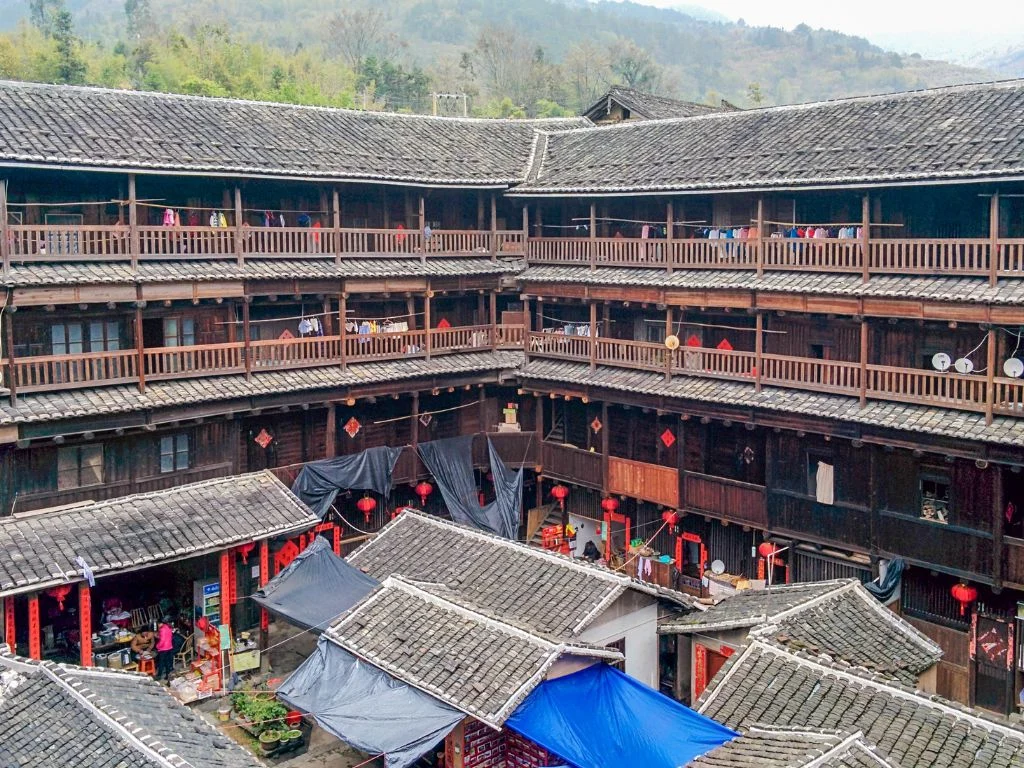One of the biggest discoveries on my journey is that there are many people who are equally, if not more, enthusiastic about Chinese heritage research. It does not matter if they have different surnames or if their families originated from different places in China—they are happy to help simply because you’re on a similar journey.
Your Family: The First Step in Your Journey
Let’s start with the obvious: your own family. The older generation will share stories and provide some key information about your past. Real names are important. Growing up—especially during Chinese New Year—I referred to relatives as uncles, aunties, grand uncles, and grand aunties without truly knowing their real names.
Even if I had known their real names, I used Cantonese pronunciations, leaving me uncertain about the actual Chinese characters associated with those names. Authentic Chinese names are crucial for researching your family’s heritage.
Beyond names, elder family members may be sitting on a treasure trove of old documents and photographs that can be incredibly helpful. These resources often provide unexpected clues, connections, or even stories that enrich the process.
Siblings and cousins can also become vital teammates. They might share your interest in tracing family history but have no idea where to start. A simple conversation can turn your quest into a meaningful family bonding project, where everyone chips in with what they know or even learns alongside you.
Building Allies and Finding Resources
Outside of your immediate family, there are countless individuals with similar dreams of uncovering their roots. The best part is that they often understand your journey deeply and are willing to offer advice, encouragement, and resources. This sense of community was something I didn’t expect but quickly came to treasure.
In the early stages of my research, I followed a paid route—it pointed me in the right direction. However, it was the people I connected with along the way who provided so much more in terms of guidance, stories, and tools to uncover my ancestors’ history.
I’ve stumbled across YouTube videos, Facebook groups, and blog stories detailing people’s visits to their ancestral homes in China. The response from community members has been warm and encouraging, even when I ask endless questions while learning the ropes myself.
A key lesson I’ve learned is that this is a two-way street. When you’re open about your findings, others will feel comfortable sharing what they know, and collaboration leads to uncovering information you might never find on your own. My team of fellow researchers has often exchanged documents—only relevant portions, of course, to keep the process manageable—and shared leads to valuable resources.
Non-Human Team Members
Even non-human contributors can be part of your team. For instance, the National Archives website is an outstanding resource. Its Oral Testimony section allows me to search for interviews based on my surname, 蓝, which led me to incredible discoveries. I uncovered interviews with my grandfather’s younger brother and even a Japanese Occupation survivor—someone who stood trial alongside my grandfather but managed to escape a death sentence.
Creating A Legacy for the Future
This journey has shown me that family history research is not just about uncovering names and dates—it’s about building connections across generations and communities. Whether it’s bonding with relatives, exchanging ideas and resources with strangers, or uncovering historical records, every step ties me closer to my heritage and my identity.
Ultimately, the process transforms you. It’s not just about learning where you came from—it’s about appreciating the resilience, sacrifices, and stories of those who came before you. And as you uncover and share that legacy with others, you start building something even greater: a shared heritage for future generations to cherish, celebrate, and carry forward.
